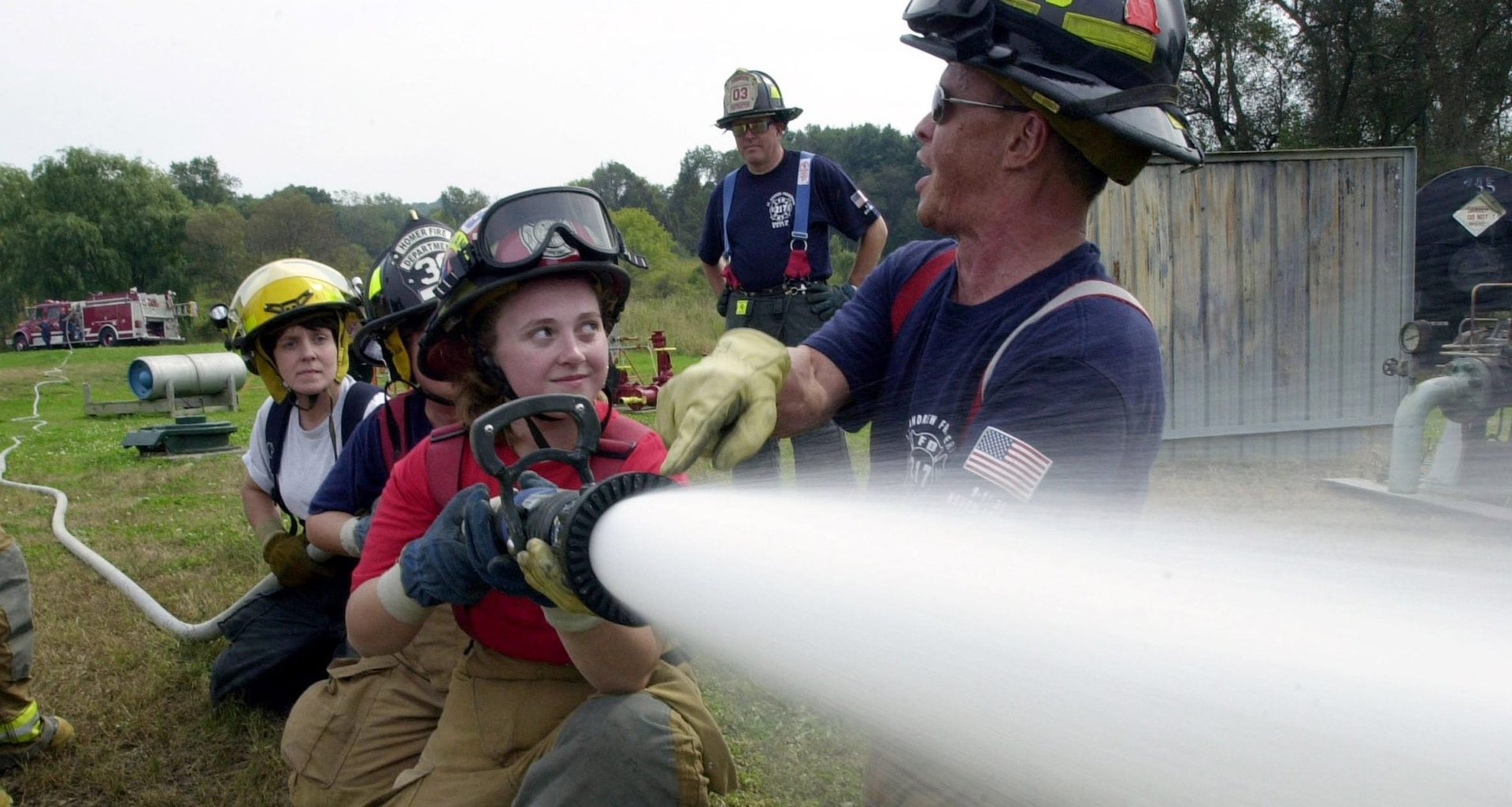There are no more firemen in Berkeley as the city removes gender from its city code
RIP maidens and manholes. The city council of Berkeley, California, is making moves to rid its city code of gendered terms, including the pronouns “he” and “she.” The proposed changes would replace those pronouns with the singular “they” in city code, and also offer optional fields for personal gender pronouns on city forms. The city council adopted the first reading of the ordinance Tuesday, according to NBC News, and will review it again next week.


RIP maidens and manholes. The city council of Berkeley, California, is making moves to rid its city code of gendered terms, including the pronouns “he” and “she.” The proposed changes would replace those pronouns with the singular “they” in city code, and also offer optional fields for personal gender pronouns on city forms. The city council adopted the first reading of the ordinance Tuesday, according to NBC News, and will review it again next week.
It may seem just like a typically progressive move from one of California’s crunchiest towns—”They even changed the name of the local Hooters to ‘torsos,'” joked Seth Meyers—but the eradication of the code’s largely masculine language is one more step toward a mainstreaming of the idea that gender is not necessarily binary, or static, and that public spaces should be welcoming and inclusive to all.
As of Jan. 1, Californians could select a non-binary gender option for their drivers’ licenses, and just this week, Senator Elizabeth Warren, the Massachusetts democrat running for president, listed her preferred gender pronouns (she/hers) to her Twitter bio. Many states have also revised the language in their laws in favor of gender neutrality.
“Language has power, this matters,” said Rigel Robinson, the council member behind the proposal. Robinson is Berkeley’s youngest city council member, and perhaps that shouldn’t surprise us. As Quartz’s Lila MacLellan recently wrote, data show that this sort of gender inclusivity is the way of the future:
A 2017 study found that 20% of millennials place themselves somewhere on the LGBTQ spectrum and 12% identify as transgender or gender fluid. Younger employees are also far more likely to be familiar with gender pronouns beyond “he” or “she.” In January, a Pew study found that 35% of Gen Zs (aged 13 to 21 in 2018) say they know someone who uses a non-binary gender pronoun, like “they.” Just 25% of millennials, 16% of Gen Xers, and 12% of baby boomers said the same.
“The world, and workplaces, should be filled with such forms, and gender inclusivity ought to be both sensitive and commonplace,” wrote MacLellan. “Future generations may look back with surprise that there was ever a time this wasn’t the case.”
Here is some of the language that Berkeley is proposing to replace (pdf) in its city code.
This story was updated to note that many states have adopted similar changes in the language of their laws.